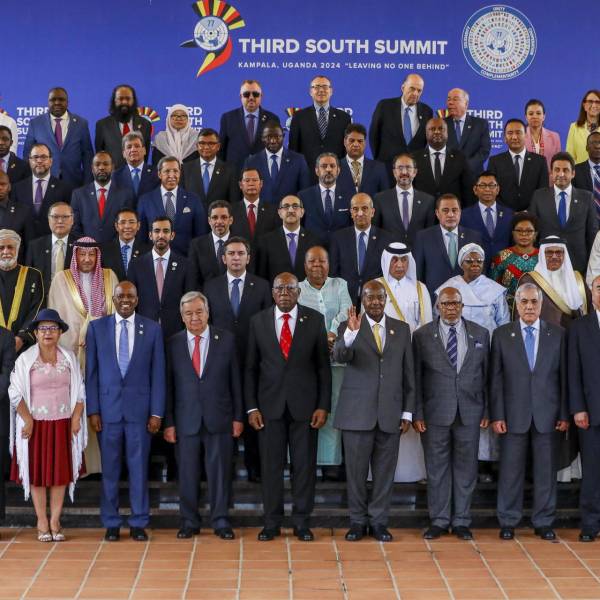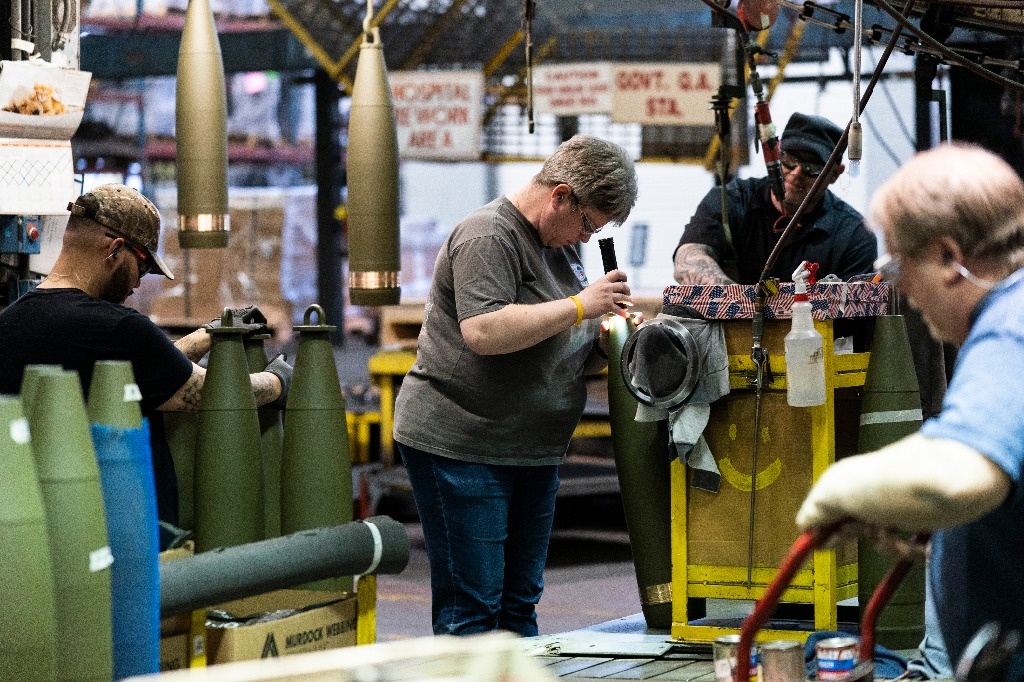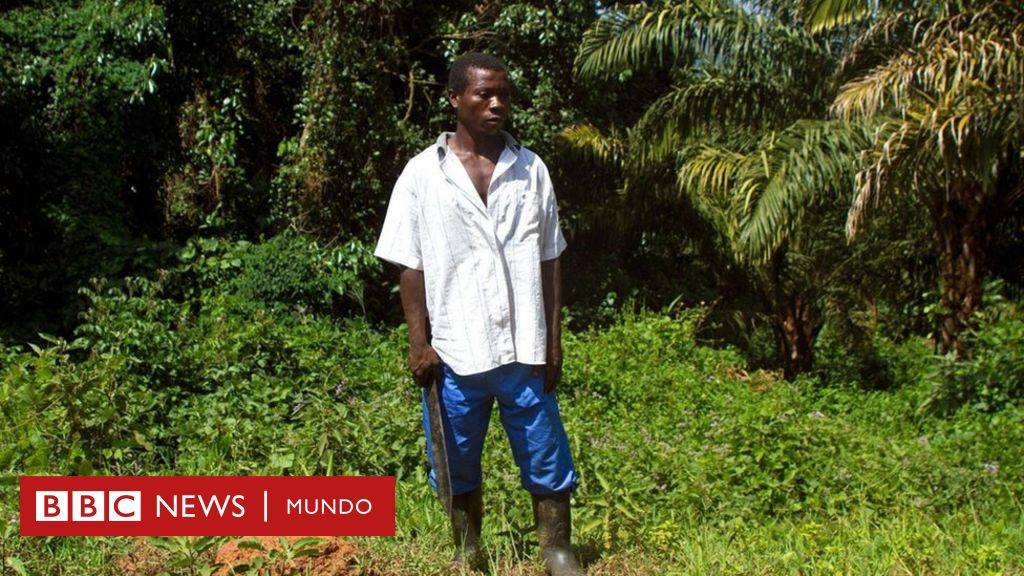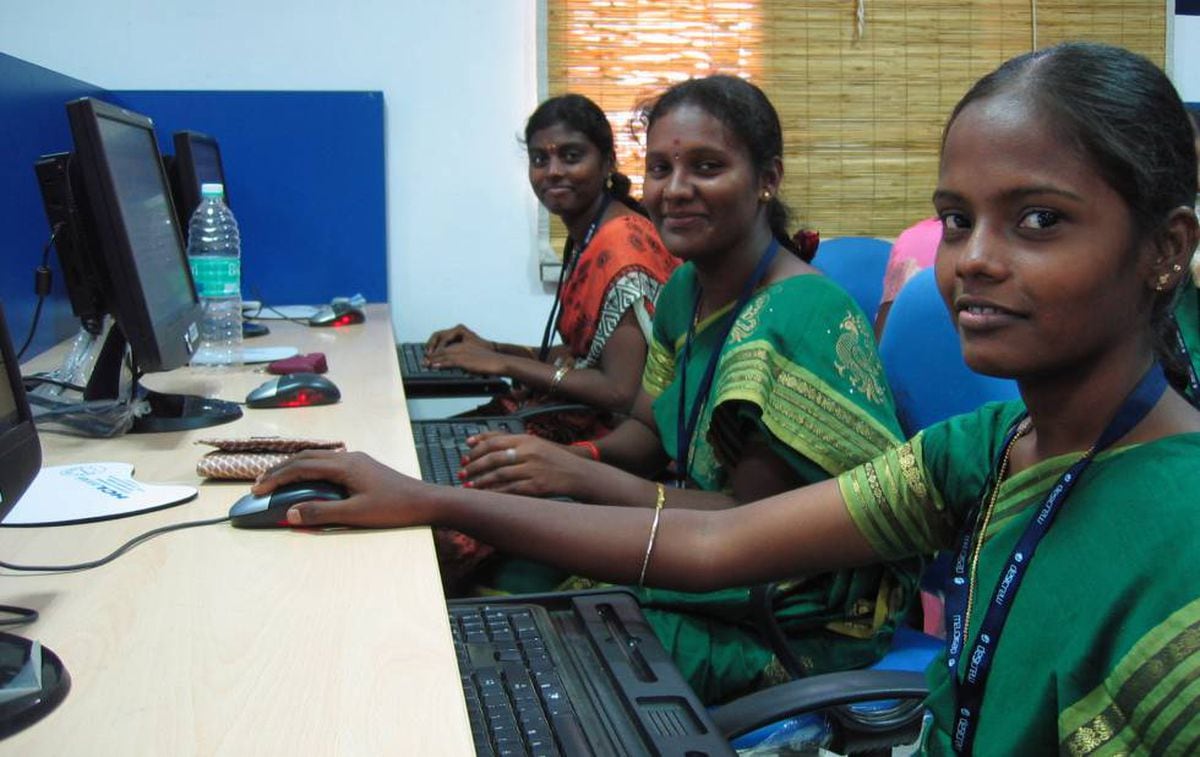Fast Fashion is back in the spotlight again on the anniversary of the tragedy at the Bangladesh factory
:quality(85)//cloudfront-us-east-1.images.arcpublishing.com/infobae/5K5L335YDFPSHIJW5FAQZBH6SU.jpg)
On April 24, 2013, a garment factory complex collapsed near the capital of Bangladesh and At least 1,138 workers were killed.
One of the worst was the Rana Plaza disaster on the outskirts of Dhaka industrial tragedies in the world He highlighted the failure of many major Western fashion brands to do so Labor protection In the poorest countries where their products are made.
It has sparked outrage and calls for change, and pressured multinational corporations to confront the human cost of their business models and poor working conditions.
Ten years later, global fashion companies say they’ve made progress, however Rights groups continue to demand strong legal action so that they are responsible.
The European Union is working on legislation to address Human and social rights violationsas well as environmental damage by European companies in their production chain.
Catherine Dauriac, president of Fashion Revolution France, part of an international conglomerate founded after the disaster, explained that the plans for the block were inspired by a pioneering French law.
He said the disaster was the catalyst for the 2017 law on Corporate duty of carewhich obliges companies to avoid serious harm to human rights, health, safety and the environment.
Since then, rights groups have launched legal action against several companies, but the results so far have been disappointing.
A first court decision in February rejected a case brought by several NGOs hoping to put a hold on TotalEnergies’ controversial oil mega-project in Uganda and Tanzania.
In Bangladesh, a month after the disaster, unions and multinational companies signed an agreement to monitor safety in garment factories.
The agreement now also extends to Pakistan.
With the support of the United Nations International Labor Organization, it means that About 200 companies including H&M, Primark, Uniqlo and Zara must fund an independent factory inspection regimeNayla Ajaltouni from the Ethics Group explained the poster.
Since 2014, Ajaltuni said, about 1,600 factories in Bangladesh have been renovated.
But some significant groups were not recorded including Amazon, IKEA, Levi’s, WalmartHe said.
The parent company of Zara, the Spanish Inditex group, has about 930,000 employees of local companies working for it. It said it conducted audits among vendors before the disaster and has accelerated assessment procedures since then.
Added that like H&M and UniqloI didn’t have a workshop in Rana Plaza.
Swedish giant H&M said that since 2013 it has “disclosed details of mills, mills and yarn producers in its public list of suppliers to further accelerate transparency within the global supply chain.”
Japan’s Uniqlo said that after the disaster, “we immediately launched our own fire and building safety investigations into facilities operated by our manufacturing partners in Bangladesh, working with an independent third party.”
She also referred to a training program launched with the support of UN Women in 2019 for women in Bangladesh seeking to become business leaders.
Primark of Ireland said it had established a compensation scheme for hundreds of workers from its suppliers after the disaster and continues to provide financial support, “more than $14 million to date.” The company says it has conducted or requested 2,400 audits in 2021.
But he cautioned that the “extensive use of social audits” has “limitations”. Laura Bourgeoisin charge of litigation and advocacy at the NGO Sherpa.
He referred to the financial link between the auditor and the multinational company commissioned to audit the accounts.
He also criticized “interviews between auditors and workers organized on site or in the presence of the manager” and even “rigged audits with factories created from scratch”.
He said there was also a gap between the announcement of the audit and the corrective action actually taken.
For Ajaltoni, a breakup High-speed fashion (ultra-fast fashion) and persistently low prices are “symptoms of the failure of corporate social responsibility”.
it is in It is often cited as an illustration of the lack of regulation in fashion. Founded in China and now based in Singapore, the online retailer that gives fast-fashion brands a run for their money with its dirt cheap clothing is regularly questioned about its manufacturing conditions.
Sherpa CEO Sandra Cossaert criticized companies that “appear respectable” but devote their resources to circumventing the legislation.
They realize “they have to change,” but legally “it’s still too early to say” that these types of companies are now more responsible.
(With information from AFP)
Read on:

“Award-winning zombie scholar. Music practitioner. Food expert. Troublemaker.”






/cloudfront-eu-central-1.images.arcpublishing.com/prisa/X33WQ3GSYFF3DBKJDAVIGHN3DA.jpg)


